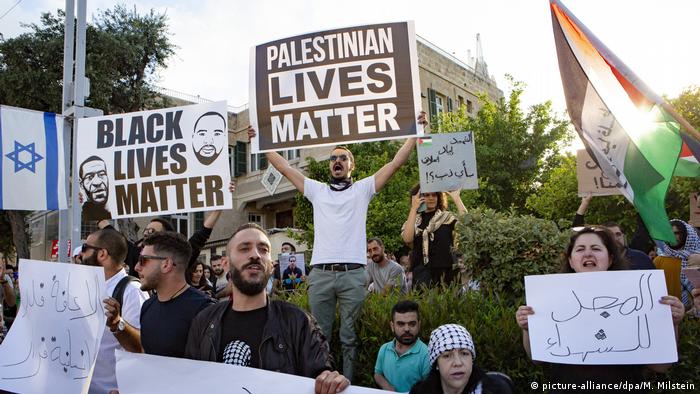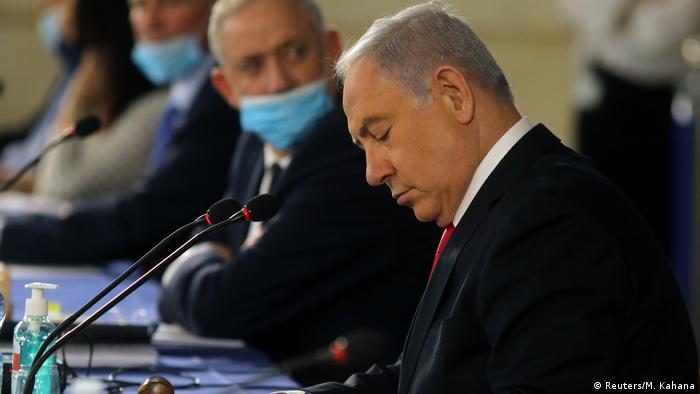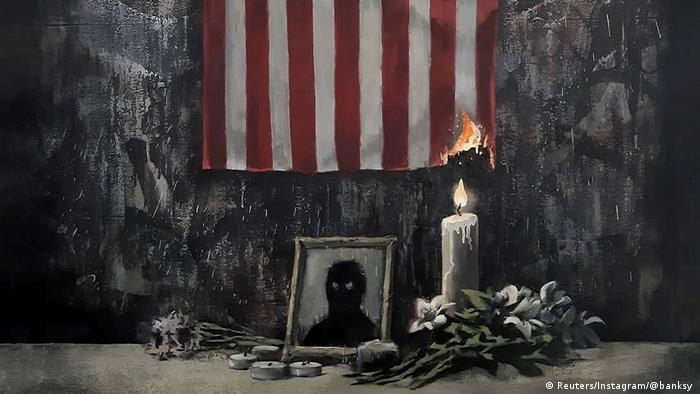Black Lives Matter activists were perfectly positioned to expose Trump
June 8, 2020 By Amanda Marcotte, Salon- Commentary
“Noobs are forever.” That’s what my partner jokingly said to me this weekend, after the two of us attended the strikingly huge Black Lives Matter (BLM) protest in Philadelphia on Saturday.
We were talking about the phalanxes of newcomers to the movement — often identifiable by their well-meaning but tone deaf signs — who had joined with more seasoned BLM protesters who have been at this for years. We’d both been to BLM protests before, most notably an enormous one in New York in 2014, after an NYPD officer choked Eric Garner to death. But there’s no question that something has shifted, and lots of people who had previously stayed out of the movement now felt compelled to pick up signs and march in the streets against police brutality.
The result is not just that protests seem bigger, but almost more numerous, spreading out not just to every large city but also the suburbs and small towns of America. (The Texas town where I went to high school, which has a population of 6,000, saw a protest on Saturday that drew hundreds of attendees.) There have been many and varied protest movements in the era of Donald Trump, with some — like the Women’s March or the climate strikes — being more successful than others. But BLM seems to be rising above, becoming the protest movement that is doing the best at harnessing the larger anger out there about Trump and his supporters and enablers.
Defend democracy. Click to invest in courageous progressive journalism today.
Black Lives Matter is capturing those who have just woken up and, more than any other progressive movement, is turning that noob energy into action.

After spending a lot of time in the quiet reflection that marching while people chant around you offers, I have a theory about why this happened: BLM, more than any other progressive movement in this country, represents an understanding of the democratic crisis in this nation. Activists against police brutality saw firsthand how the forces of authoritarianism organized themselves in a way to gut democracy from the inside out. They were fighting that fight while much of the country lived in blissful ignorance under Barack Obama. BLM has the tools to lead the rest of the country in the fight to save democracy — or, honestly, to restore it — before Trump annihilates it completely.
Even before Trump, BLM activists have been fighting against the efforts of authoritarians to amass power that is outside the grip of democratic control, with police departments as the instrument. Aided by powerful police unions, police have become an autonomous social institution that holds city, county and state governments in its thrall. Police departments remain largely unaccountable to the forces of democracy. Even Democratic mayors have succumbed to the same poisonous push to redirect more taxpayer funds away from education and social services and towards the vampiric police departments that wield ever more authoritarian power over people’s lives, especially people of color.
As the public has seen in recent weeks, and as BLM has long understood, when the cops decide to start cracking skulls, those Democratic mayors may protest but often have little power to rein them in.
This increasing police power exemplifies what Trumpism is all about, which is making sure that the power of white supremacy and unchecked capitalism are outside the reach of democratic reforms. To say that the police are a fascistic organization no doubt sounded like hyperbole to a lot of people during the Obama administration. Now it’s becoming clear that it’s just a fact.
Under the Obama administration, BLM had made some progress toward establishing some democratic control over police power. The protests that grew out of Ferguson, Missouri, and elsewhere successfully raised public awareness of police brutality and created pressure on Democratic officials to act. While that progress was slow-moving, BLM had persuaded the Obama administration to direct the Department of Justice towards holding local police departments accountable, a decision the Trump administration, to no one’s surprise, has rolled back.
It’s safe to say that Trump’s election was, in no small part, fueled by a panicked reaction from right-wing America toward Black Lives Matter. To put it bluntly, Republican voters saw that BLM activists were successful at harnessing the power of democracy to push for greater racial equality and a fairer justice system. Given the stark choice between defending democracy or defending white supremacy, Republican voters went with the latter, in the form of the Great Orange Nemesis in the White House, who hasn’t been exactly subtle about his fascist yearnings.
There’s a famous quote from George Orwell’s “1984,” a book that flew off the shelves after Trump was elected: “If you want a picture of the future, imagine a boot stamping on a human face — forever.”
(The quote isn’t actually a genuine prediction from Orwell, as it’s often depicted, but a declaration by O’Brien, an official of the totalitarian government who functions as the mouthpiece for the aspirations of authoritarians.)
O’Brien’s metaphor became almost literally manifested in the image that kicked off what has now been two weeks of expanding protests: Minneapolis police officer Derek Chauvin kneeling on the neck of George Floyd, squeezing the life out of him while a crowd of ordinary citizens, desperate but powerless, pleads with Chauvin to stop.
A novelist honestly couldn’t come up with a more apt metaphor for the moment, when the majority of Americans oppose Trump and Trumpism, but have largely felt powerless to stop the march of authoritarianism in our country.
Yet instead of giving up and giving in, people are hitting the streets, determined to fight back. All credit for that goes to Black Lives Matter, a grassroots movement that never underestimated the power of authoritarianism.
“Too many citizens prefer to cling to brutal and unjust systems than to give up political power, the perceived benefits of white supremacy and an exploitative economic system,” civil rights lawyer Michelle Alexander wrote in a powerful New York Times op-ed on Monday. “Our nation suddenly caught a glimpse of itself in the mirror and people of all races poured into the streets to say ‘no more.'”
Not to be overly optimistic, but — it just might be working. Police freaked out and started assaulting peaceful protesters in city after city, exposing exactly what BLM activists have been saying for years, that police function more like an occupying army than like a law enforcement organization accountable to democratic rule. Right-wing vigilantes have attacked protesters in some places as well, which is telling.
People who are not ordinarily “political” are making a direct connection between police and vigilante authoritarianism and Trump’s efforts to gut democracy. This realization has been aided by Trump’s public longing for violent repression and his orders to tear-gas a peaceful crowd to clear the way for a meaningless photo-op. His poll numbers are falling, and even though his strategy all along has been to win another election without winning the popular vote, there’s an increasing chance that he can’t win in November even with vigorous voter suppression.
Defeating not just Trump but Trumpism required a mass movement of people, including lots of “noobs,” gathered under one banner. BLM that was able to step forward and meet the moment. What’s happening now is a neat illustration of the aphorism that luck is what happens when preparation meets opportunity.
It’s not happenstance that Black Lives Matter became the vehicle for this larger anti-Trump movement. That’s a direct result of activists putting in the hard work for years: When the right moment came along, they were ready.




















 (@the_resistor)
(@the_resistor) 